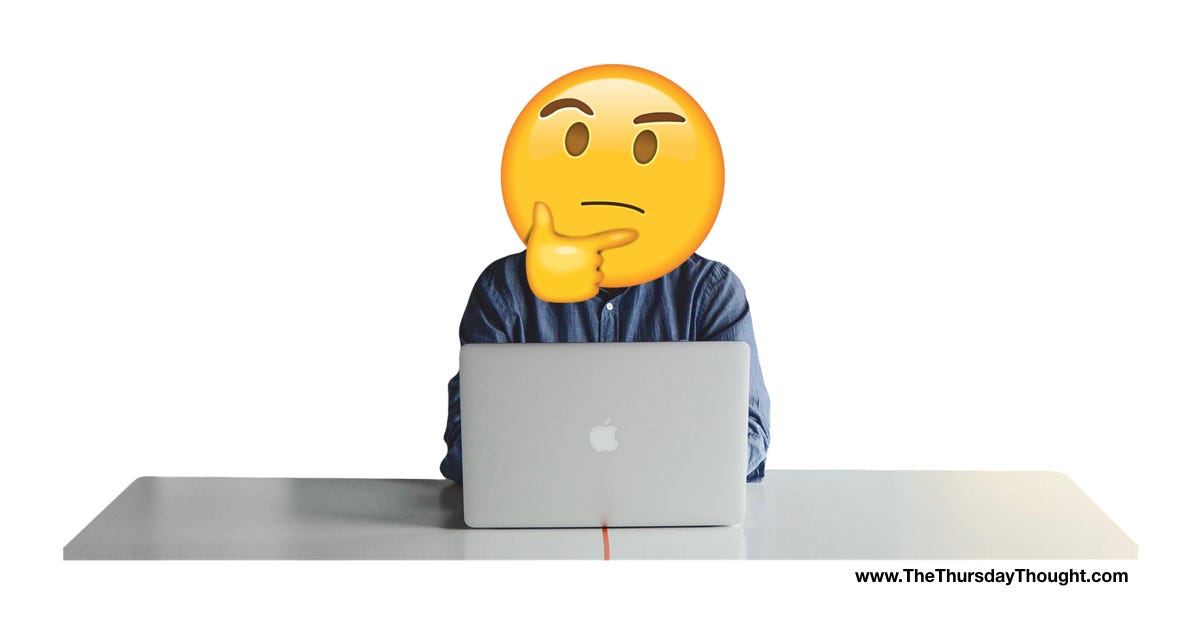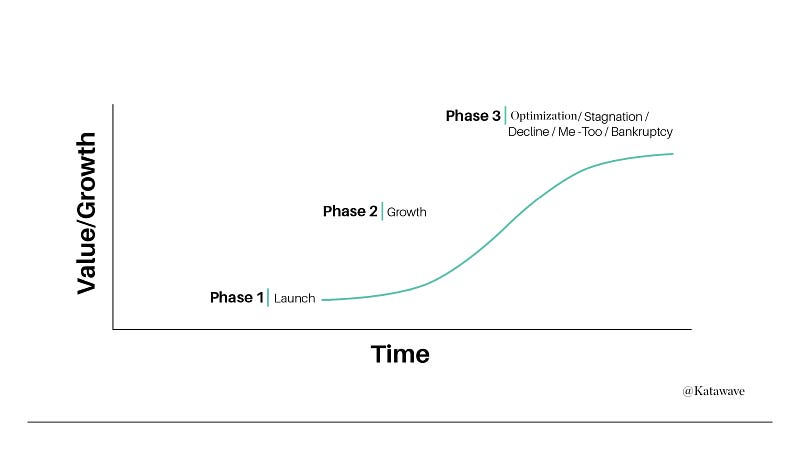
I brought my kids to see The Emoji Movie the other day.
The movie opens with the narration by an emoji about how kids are the major users of emoji and are the emoji reason for being. We see high school kids glued to their phones, bumping into each other in order to remain fully “connected” with their phone.
As I sat there, seeing how emoji are (over)simplifying communication, I couldn’t help but see a parallel between Emojification of Communication and the Emojification of Business Strategy.
To give some context on the movie here is the plot (spoiler alert). The emojis live in the emoji app, every emoji is supposed to only do their job perfectly. That job is to represent one sole emotion and they are considered “freaks” if they do anything other than that. So, ???? is happy, ???? is sad and ???? is ????.
One “rogue” emoji can display more than just one emotion and is considered defected and is scheduled to be reprogrammed to be “normal” after he displayed an array of emotions in public. In the end, this anomaly is the very thing that saves the emoji app from threat of deletion and creates a more inclusive, diverse and thriving workplace / emoji app.
It reminded me of the John Maynard Keynes quote:
“Worldly wisdom teaches that it is better for reputation to fail conventionally than to succeed unconventionally.” — John Maynard Keynes
Emoji Origins
Emoji(s) began on Japanese mobile phones in the late ’90s. Since their international inclusion in iPhone, Android and Messenger apps emoji have soared in usage and popularity.
They are shortcuts for writing a whole word to convey an emotion.
Short Cutting of Everything?
When you think of successful products and companies today, they save everyone one precious commodity…time. Emojis save us time, autocorrect saves us time, Google saves us time. This is great as the world is busier than it has ever been before.
However, there are startling studies which show that despite a rise in IQ, children have shown a marked deterioration in written skills. With the world of “voice” upon us, kids now use voice to search much more than they do typing. As artificial intelligence and online tools continue to improve the need to write will become less and less.
Deep thinking is extremely necessary as we move towards a knowledge economy. Meanwhile, we will see more and more automation in the future. After first replacing manual jobs, artificial intelligence will move to take roles in data science, data interrogation as well as thinking roles in the knowledge economy.
Therefore, the shortening of communications brings with it the shortening of deep thinking, of creating a logical train of thought, a thesis. This comes from deep tasks, writing, formulating an argument, reading a physical book.
Business Shortcutting (Emojification)
Businesses today are facing similar challenges. We are focusing on tactics and not strategy. Indeed tactics is easier, a task list is easier than coming up with the why you are doing those tasks in the first place.
We are emojifying business thinking and putting our energy into execution and not strategy.
So many businesses have struggled to react to digitisation. There are so many new challenges thrust upon the business leaders of today. How do we react to artificial intelligence, augmented reality, digitisation, technology, decapitalization, decentralisation, the power of the crowd, cryptocurrencies, blockchain?
Equally, (if not more important) is the evolution and patterns of people. What do people today want? What motivations are driving them? What will they want in the future? How can businesses understand these patterns for competitive advantage?
In Business, instead of considering the above, the easy thing is to copy was is already done, or take just one small incremental step forward. These leads to “me too” propositions and we see these all the time. This is when a company is driven by process optimisation, automation and cost reduction to offer lower prices or create higher margins. Me-too propositions come from a place of no (business) imagination. It took imagination to get a business concept started, it takes the lack of imagination to kill it. This reminds me of the lesser known Einstein quote:
We cannot solve our problems with the same thinking we used when we created them. — Einstein

There is a mass emojification of thinking, of strategy and of leadership. Business is taking short cuts by copying an existing concept and trying to make it more efficient, often without examining the validity of the concept in the first place. Many businesses wait to see what the competition do and by then often it is much too late. At this stage, we are in what Jeff Bezos describes as Day 2:
“Day 2 is stasis. Followed by irrelevance. Followed by excruciating, painful decline. Followed by death.” — Jeff Bezos

Ant Mills
There is a phenomenon in nature called the Ant Mill. It concerns Army ants. Army ants are blind, so they travel by following the ant in front of them by tracking their pheromone (a chemical produced by animals and insects, which changes the behaviour others from the same species).
When army ants are looking for food they can sometimes become separated from the main party and can lose the pheromone track. When this happens they blindly follow the ant in front of them. This leads to the formation of a continuously rotating circle called an Ant Mill. An ant will continue following the ant in front of them until all ants die of exhaustion. The follow the ant in front of them until they die. The only way to escape the mill is if the leader diverts the group in a new direction.
The video below demonstrates the phenomenon, the ants in the middle are those dying.
So many strategies follow the ant mill phenomenon. They are a “Strategy Ant Mill” if you will. Large corporations track what the competition is doing and see if they can outdo them. Very few step back, zoom up in the helicopter and see if they can outthink them.
Anything other than this is short-cutting, is short term, is Emojification and will lead to day 2 or a business ant mill.
Big thinking is what is needed, a break from the Emojification of business thinking.
Leaders, board members and stakeholders need to step back, break the mould and ask:
‘How game-changing is our strategy?’
‘How future-proofed are we?’
‘How unique are our offerings?’
‘Are our insights really insights?
If you like this post, please hit the thumbs up or share it for others to see.
*******************************************************************
On this week’s innovation show we talk to Dr Wendy Suzuki, PhD, author of “Happy Brain, Healthy Life”, Wendy is Professor of Neural Science and Psychology in the Centre for Neural Science at New York University. We talk about how exercise changed the course of Wendy’s life, her career and her brain. We talk about Brain Hacks and how we can all benefit from small changes for big effects. We talk about how new experiences create new synapses and brain connections and how children can get an advantage in a distraction and tech-obsessed society. We also talk about how emojification and shortening of distractions are leading to gaps in deep thinking.
The show is broadcast on RTÉ Radio 1 extra 3 times weekly and on iTunes, TuneIn and Google play. The website is here and below is Soundcloud.